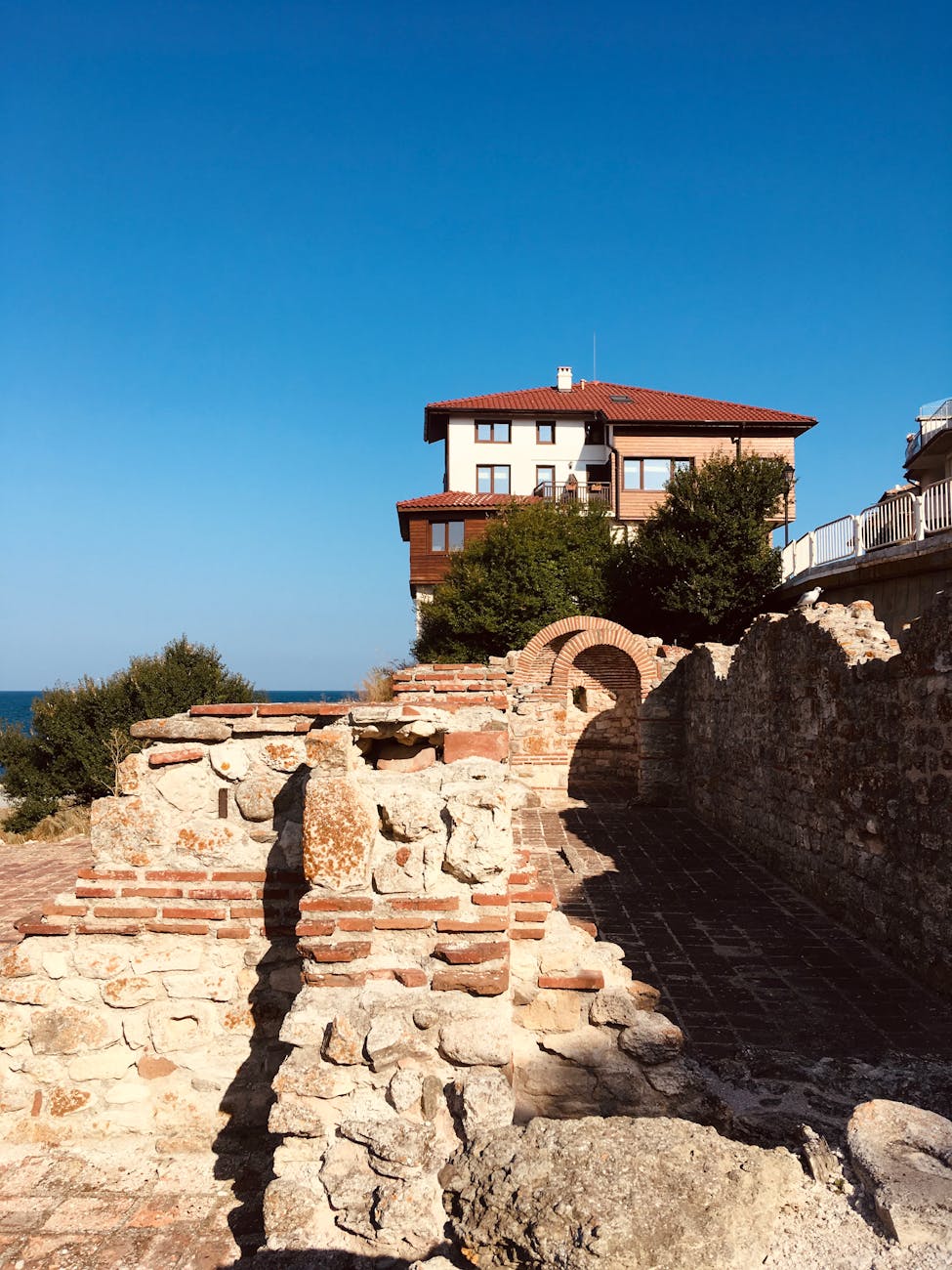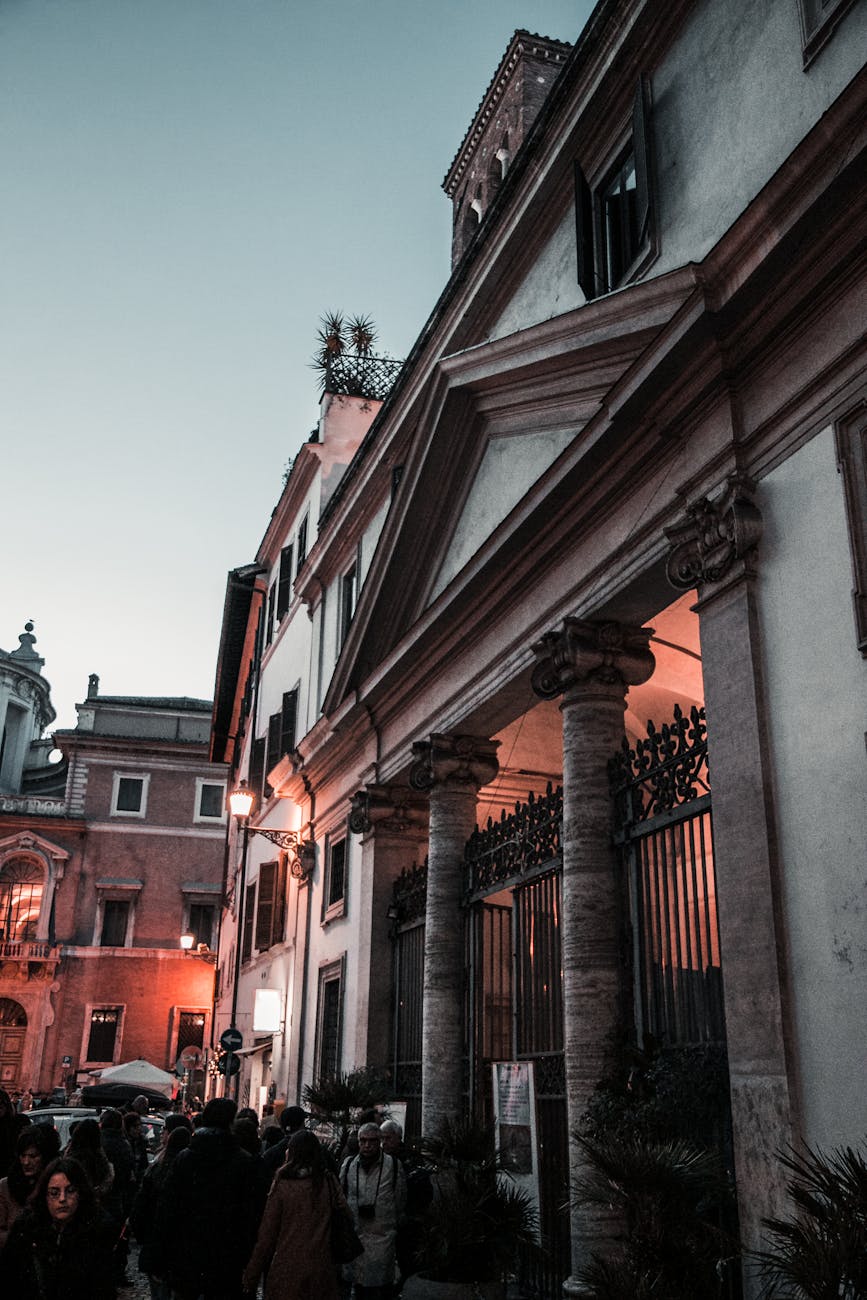Table of Contents
- Introduction
- The Impact of Tourism on Cultural Heritage
- Over-Tourism: A Double-Edged Sword
- Embracing Responsible Travel
- Benefits of Sustainable Tourism
- Preserving Cultural Heritage Through Travel
- The Path Forward for Travelers
- Frequently Asked Questions
Introduction
Traveling to breathtaking destinations often fills our minds with vivid imagery of unparalleled landscapes and exquisite cultural experiences. However, as we chase the allure of our dream vacations, it’s crucial to consider the lasting effects that mass tourism can have on the very cultural heritage sites that captivate us. The insightful exploration into the intersection of tourism and cultural preservation sheds light on how we can enjoy our adventures while safeguarding the treasures of human history.
Adopting a proactive mindset enables us to appreciate the richness of different cultures without compromising their integrity. This journey of discovery leads us to recognize the challenges and opportunities that arise within the tourism industry, ultimately paving the way for a harmonious balance between adventure and conservation.
The Impact of Tourism on Cultural Heritage
Cultural heritage sites serve as the backbone of our shared history, providing invaluable insights into the customs and traditions of civilizations long gone. Unfortunately, the influx of tourists often places immense strain on these sites. Foot traffic can cause irreparable damage, from worn-out paths to crumbled structures. Consider, for example, the ancient ruins of Machu Picchu, where unregulated visitation can accelerate deterioration. This reality creates a pressing dilemma—how do we connect with such incredible locations without becoming a force of destruction?
Moreover, the commercialization of cultural experiences can lead to a dilution of authenticity. Merchants catering to eager tourists often replace genuine crafts and traditions with mass-produced souvenirs. As local cultures grapple with the demands of tourism, they risk losing their unique identities and compelling narratives. This creates a ripple effect: cultural erosion may ensue, leaving a void where rich stories once flourished.
Over-Tourism: A Double-Edged Sword
Over-tourism stands at the crossroads of cultural appreciation and exploitative practices. While the ambition to explore the world can ignite curiosity and broaden horizons, the impact can overshadow the intent. Popular destinations often become overwhelmed, leading to a host of problems like environmental degradation, increased waste, and strife among local communities. The pressure mounts—not just for locals but for the very essence of the culture being showcased.
As travelers flock to iconic landmarks, the struggle for balance intensifies. Popularity can breed a chasing frenzy, pushing destinations to their limits. Take Venice, for example, where the romantic allure has turned into a battleground against pollution, noise, and even rising sea levels. Finding a sustainable approach means engaging with these complex issues, as tourists must become advocates for the preservation of what they love.
Embracing Responsible Travel
Responsible travel emerges as a beacon of hope, guiding tourists toward mindful experiences that honor local customs and traditions. By cultivating an awareness of the delicate balance between enjoyment and preservation, travelers can significantly influence the fate of cultural heritage sites. Respecting local customs, purchasing from community artisans, and choosing eco-friendly accommodations are just steps in the right direction.
Moreover, educating oneself before embarking on a journey can amplify this impact. Familiarizing oneself with local customs, etiquette, and historical significance enriches the experience and reinforces respect for the destination. Every choice made while traveling becomes a testament to the understanding of the cultural treasures we encounter.
Benefits of Sustainable Tourism
Sustainable tourism extends beyond minimizing negative impacts; it creates a symbiotic relationship between visitors and locals. When done right, tourism serves as a powerful catalyst for cultural preservation and community development. For instance, funds generated from carefully regulated tourism can be reinvested into conservation projects, educational programs, and community initiatives, ultimately benefiting the very cultures we hope to explore.
Furthermore, sustainable practices can rekindle interest in local traditions and crafts. By creating economic opportunities that honor local heritage, communities can thrive while ensuring that their legacy continues to be passed down through generations. This dynamic approach fosters appreciation, leading tourists to develop a deeper connection with the places they visit.
Preserving Cultural Heritage Through Travel
In looking forward, preservation becomes a shared responsibility for both travelers and locals. The very act of visiting these extraordinary sites can empower communities if approached thoughtfully. Simple gestures, such as participating in cultural workshops or attending traditional celebrations, can foster genuine understanding and appreciation.
Working hand-in-hand with local organizations allows tourists to contribute directly to preservation efforts. Whether through volunteering or donating to relevant causes, these actions create a lasting impact. When travelers invest themselves in cultural preservation, they leave behind a legacy that transcends their fleeting visits, nurturing an atmosphere of mutual respect.
The Path Forward for Travelers
Adopting an approach centered on ethical travels ensures that future generations can enjoy the wonders of cultural heritage sites. By advocating for conscious decision-making, travelers can influence the industry to prioritize responsible practices. Encouraging travel companies to adopt eco-friendly policies and promote off-the-beaten-path destinations not only reduces the pressure on famous spots but also introduces tourists to hidden gems that boast equally vibrant cultures.
Moreover, creating an online community centered on sustainable travel amplifies voices and encourages collective action. By sharing successful experiences and innovative ideas, even the smallest efforts culminate in a larger movement, inspiring fellow travelers to join the cause. This shift in mindset can redefine the travel narrative, celebrating not just the journey but the spaces we cherish and strive to protect.
Frequently Asked Questions
What is responsible travel?
Responsible travel emphasizes mindfulness, consideration, and respect for local communities, cultures, and environments during travel. It involves making choices that minimize negative impacts and enhance the well-being of both visitors and residents.
How can I support cultural heritage preservation while traveling?
Supporting cultural heritage preservation can involve frequenting local businesses, engaging in cultural experiences, and donating to conservation initiatives. Additionally, being an informed traveler who respects local customs plays a pivotal role in ensuring preservation efforts.
What are some examples of sustainable tourism?
Sustainable tourism can encompass various practices, such as participating in eco-friendly tours, choosing accommodations that prioritize sustainability, and opting for destinations that are committed to conservation. This approach fosters an appreciation for local cultures while minimizing environmental impacts.
Is over-tourism always negative?
While over-tourism brings significant challenges, it can also have positive effects when managed right. It creates awareness and funding opportunities for preservation efforts. The key lies in finding balance and ensuring sustainable practices to mitigate negative consequences.
How can I find lesser-known destinations?
Researching off-the-beaten-path travel blogs, using social media for recommendations, and exploring travel forums can lead you to lesser-known destinations. Engaging with locals during visits can also reveal hidden gems that offer unique cultural experiences away from the crowds.
Image Credit: Pexels





